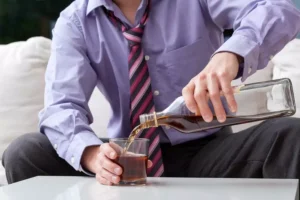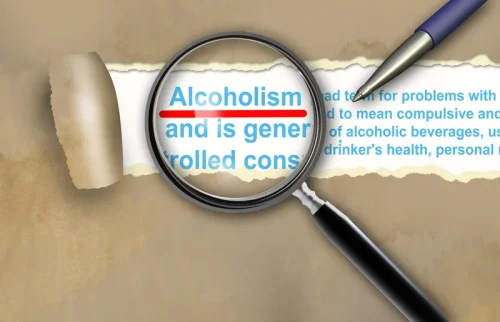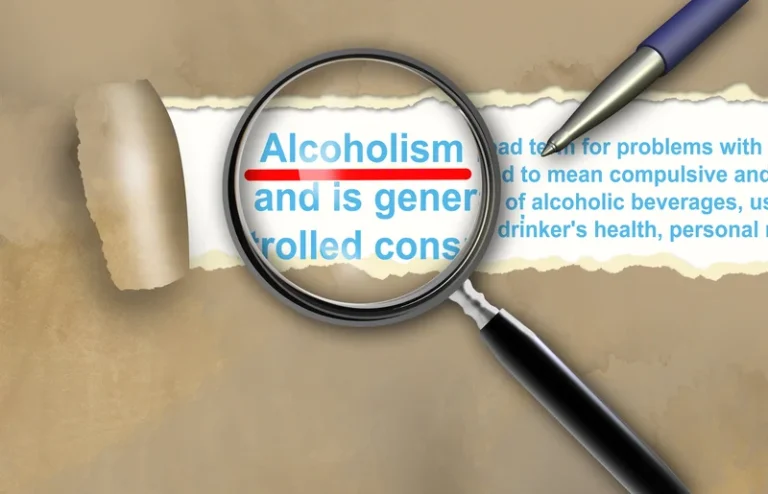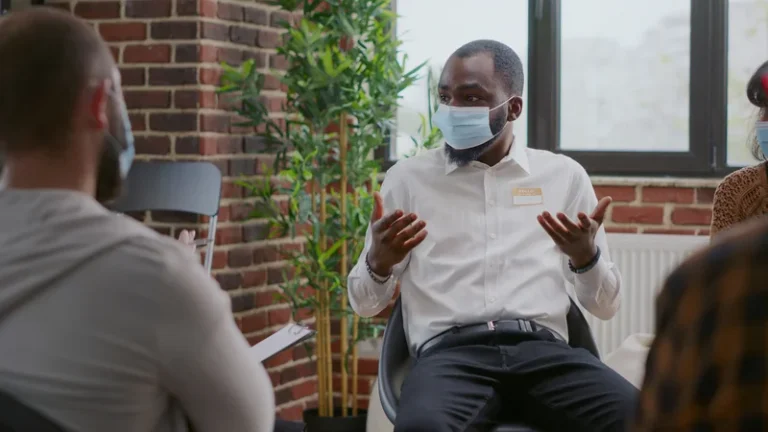
At the same time, alcohol causes the kidneys to increase their urine production, which also adds to dehydration. Alcohol not only contains dehydrating factors but also causes dehydrating toxins and excess urination. Dehydration is one of the many factors that causes hangovers. Symptoms for hangover, such as headache, dry mouth, and fatigue, are partly due to the dehydration effects of https://ecosoberhouse.com/ alcohol.

Blood Alcohol Concentration (BAC)
- This also means drinking alcohol on an empty stomach can lead to a higher blood alcohol content (BAC).
- If you or someone you know is struggling with their alcohol intake, just know that we’re here to help you.
- For example, an average bottle or glass of beer has an alcohol content concentration of three to seven percent.
- Excessive urination from drinking alcohol causes your body to lose electrolytes, which are important minerals involved in many bodily functions, including nervous system function (4).
When we get dehydrated, our body is unable to regulate these important functions, putting us at risk of various health complications. In addition, cocktails with sugary mixers or caffeinated alcoholic beverages can amplify fluid loss and worsen alcohol-related dehydration. If you notice a dry mouth or other signs of dehydration, stop drinking alcohol and prioritize hydration. The Centers for Disease Control and Prevention (CDC) recommends that men don’t exceed two alcoholic drinks in a day and that women limit alcoholic beverages to one drink or less. Research published in Psychopharmacology found that alcohol suppresses the release of vasopressin, an antidiuretic hormone that regulates kidney function and urine production.

How to Rehydrate After Drinking
Here’s how to rehydrate properly and recover from alcohol dehydration. Although we can’t fully prevent dehydration that accompanies drinking alcohol, we can take steps to help our body process the alcohol and lessen the effects of dehydration. Let’s review some things we can do before drinking alcohol to prevent severe dehydration. While it’s well known that drinking too much alcohol can lead to a hangover, even moderate alcohol consumption can lead to dehydration and electrolyte imbalance. Yes, alcohol has a diuretic effect, which means that consuming alcohol increases urine production and leads to fluid loss and dehydration.
Maintain Optimal Hydration with DripDrop and Save 25%

Dehydration can reduce muscle endurance and performance, making it more challenging to sustain physical activity for an extended period. This is because dehydration leads to a reduction in blood flow to muscles, limiting the delivery of oxygen and nutrients needed for muscle function. Dehydration can also impair cognitive function, including memory, attention, and decision-making abilities. Studies have shown that being dehydrated by just 2% can lead to impaired performance on tasks that require attention and psychomotor and short-term memory skills. In a few minutes, you’ll feel the effects of the IV drip therapy why alcohol dehydrates you and may experience your hangover symptoms vanish into the ether. Each of these can be a contributor to alcohol-related headaches, but dehydration is a close threat when partaking in any alcoholic beverage.
- Some of the most obvious signs of dehydration caused by alcohol include thirst, headaches and dark yellow urine.
- Our bodies are amazing organisms, especially when it comes to processing alcohol.
- The effects of alcohol vary from person to person, but in general, the less a person weighs the less alcohol it takes to cause dehydration or vomiting.
- Alcohol also causes hormonal imbalances that negatively affect kidney function.
- And that is especially true after a night out of drinking alcohol.Dehydration is very common after excessive alcohol consumption.
- Drinking on an empty stomach can cause other long-term damage, particularly to the liver.
Alcohol Dehydration: Frequently Asked Questions
- By the end, you’ll have a better understanding of why that “one too many” could send you tumbling into the hospital.
- You’ll meet millions of fellow Reframers in our 24/7 Forum chat and daily Zoom check-in meetings.
- But the type of alcohol you choose affects how dehydrated you become.
- It’s generally believed that for every gram of alcohol consumed, the kidneys produce around ten milliliters of urine, which increases fluid loss and contributes to dehydration.
However, even this may not help you avoid a harsh bout of dehydration. Thanks to drug addiction treatment alcohol’s ability to trip up your pituitary gland, you could lose more water through excessive urination than you would normally. In other words, try to drink as much water as possible, because your normal retention rate isn’t going to be what your body’s used to. Our level of hydration can affect the way we feel and function throughout the day.
How Alcohol Affects Balance: The Connection Between Drinking, Dizziness, and Falling
After consuming a lot of alcohol—and experiencing the dehydration that comes with it—it’s very possible that you experience a post-alcohol disorder known as a hangover. There is no “safe” level of alcohol in your bloodstream, but there is evidence that side effects increase alongside BAC. The legal blood alcohol concentration limit in the United States is 0.08%. It’s not safe to consume any alcohol and drive, but at this level, driving a vehicle is considered unsafe and illegal, and driving while intoxicated could lead to fines and jail time.

What to Do If You Are Dehydrated

These symptoms are likely to be masked by alcohol consumption, which can make them more difficult to spot, too. Being aware of these common signs, as well as the more unusual ones, can help you to be proactive when it comes to your own alcohol consumption and also help someone else in need. Remember, you shouldn’t just focus on rehydrating but instead, look for the smallest signs that your body needs more water.
Alcohol and Electrolyte Balance
Alcohol’s diuretic effect stems from its ability to inhibit the secretion of vasopressin, also known as antidiuretic hormone (ADH). This hormone helps the kidneys manage the amount of water in the body. When ADH levels are suppressed, the kidneys excrete more water, leading to increased urine production and subsequent dehydration (DripDrop). But to understand this fully, it’s important to look at alcohol’s diuretic nature.